CRM system, what is it? How to choose the best one and get started
Today, every business representative is familiar with the acronym CRM. After all, such software is used not only by large companies but also by medium and small businesses. This popularity of the product is due to a number of reasons: convenient process management, quick access to data, increased team productivity, etc. Today, we will talk about the principles of CRM systems, selection criteria, opportunities, and benefits of its use.
CRM system definition in simple words

Without going into complicated technical terminology, let us explain that CRM stands for Customer relationship management. This is a fairly broad concept that includes customer relationship management, data collection and analysis, transaction support, accounting, efficient organization of staff, and much more.
In other words, a CRM system can be compared to a virtual office, where all business processes are automated to the maximum extent possible, and for round-the-clock access, it is enough to log in to the program. Thus, all functions are performed in one secure location.
CRM principle

The peculiarity of such systems is that they can be flexibly customized to the needs of a particular business. For this purpose, separate modules, plug-ins, and integration with other software are used. However, the classic CRM workflow looks like this:
- The process of attracting new customers (leads) from various communication channels.
- Customer classification and first contact with an employee.
- Determination of the interaction strategy (short or long sales).
- Use of the sales funnel, and support of the transaction.
- Documentation of the transaction, and invoicing.
- Closing the deal with moving the client to the regular customer base.
- Repeated communication in case of unsuccessful sale, or refusal.
- Comprehensive analysis of the company’s activities, work with errors.
What types of CRM are there?

All software of this type can be divided into local and cloud (virtual). In the first case, the system is deployed on the company’s own server, which is a rather complicated technical process, so it is available for large corporations. Otherwise, you purchase the services of a virtual remote server where all your CRM files are stored. Currently, this type is the most popular, especially for medium and large businesses. In simple terms, you use ready-made software on a subscription basis, and its developers are responsible for the technical condition and security of the product.
Although modern CRM systems are generally considered universal, i.e., customizable to the needs of a particular client, there are also specialized solutions, for example:
- CRM for sales.
- CRM for service.
- CRM for project management.
- CRM for knowledge base management.
- CRM for managing relationships with suppliers.
- CRM for social media, and customer feedback.
How to choose the best CRM for your business
There are currently dozens of management systems available, each with different prices, scalability, unique functionality, etc. Therefore, it is not easy to give universal advice, it all depends on your tasks and business goals. But there are a few important points that you should pay attention to in the first place:
- System reliability. In other words, how long it has been on the market, how it has proven itself, whether there have been technical problems, and how quickly and efficiently they were resolved.
- CRM functionality. There are systems with a huge number of features and extensions, as well as simpler ones that offer the most basic tools. For example, you don’t have to choose a product with dozens of options that you simply don’t need. We pay special attention to the compatibility of the program for different types of equipment (Windows, macOS, Android, iOS, etc.).
- High-quality technical support. It is very important to receive timely assistance, answers to questions, and prompt solutions to problems. Find out in advance whether there is clear technical documentation included in the support package, whether assistance is provided in the initial setup, and continued support.

